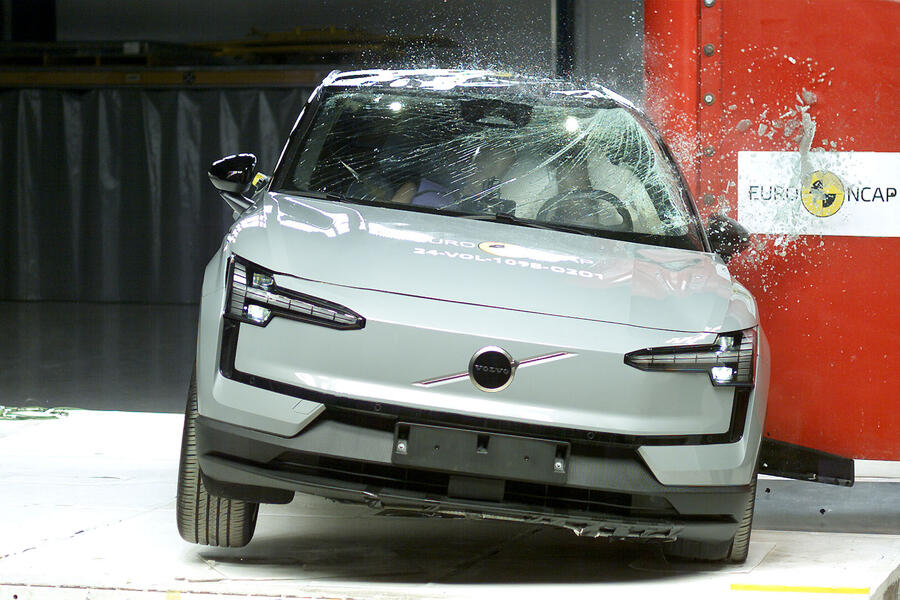The bosses of Citroën and Dacia have warned that increasingly stringent car safety standards are threatening the affordability of their models – but safety test bodies say the rules are an important indicator for buyers as roads get ever busier and cars become more complex.
Citroën’s Thierry Koskas and Dacia’s Denis Le Vot have said that while they accept governmental efforts to improve vehicle safety each year (within the European Union’s GSR2 legislative framework), the higher standards set by testing bodies such as Euro NCAP are out of step with consumers’ expectations.
Key to this are the safety test ratings. Vehicles can score up to fi ve stars, which, according to Euro NCAP, tell a buyer how safe a car is. From next year, in order to achieve the top rating, a car must show “overall excellent performance in crash protection and be well equipped with state-of-the-art crash avoidance technology”. This includes both passive safety systems (such as airbags, seatbelts and crumple zones) and active ones (advanced driver assistance systems).
Current five-star cars include the £54k MercedesBenz E-Class and the £35k Skoda Superb.
The rating system is set to be made stricter in 2026.
Koskas and Le Vot argue that in order to hit affordable price points, they are not able to fit the expensive “state-of-the-art” safety tech demanded by the highest ratings. For example, Dacia’s new £18k Duster (the cheapest SUV on the market) was given three stars by Euro NCAP.
We have nothing against NCAP,” said Le Vot recently, “but when this active safety race for stars came, we were not into that. We were saying at the time: ‘We are not chasing the stars, we are not chasing the stars, we are not chasing the stars.’
“We care much about passive safety, of course. We follow regulations one by one by one. But this is NCAP [miming a staircase] and this is regulation [miming another below that]. So we are more on the regulation [staircase].
The level of safety our cars are giving is great. It’s maybe not the high post in terms of a Euro NCAP score, but it’s great.”
Koskas agreed: “Our position is very simple: it’s our mission just to comply with regulations that are already at a very high standard. The governments take care of their people; they put what is necessary to them in terms of regulation; and I do not see any need to go further.”










Join the debate
Add your comment
Lol, so they can't fit expensive safety kit but they want the same safety score as those who can. Like having a cake and eat it for brexiloons.
Buyers will decide if the want/need a 2-star Citroen/Dacia or a 5-star Mercedes. It's important for buyers to be informed about the safety differences between them. They can then decide on their own if those are good or annoying.
Euro NCAP have been a joke for a little while now, just another example of an organisation trying to take absolute control.
Euro NCAP moved too fast to mandate active safety system before the technology was ready. It's ridiciulous that part of the car buying process now is working out which cars are the least annoying and have the easiest way to turn of the worst active systems. Perhaps if they thought about how to help drivers rather than nanny them, the systems would be more widely used. For example my Mazda has a heads up display which projects my speed and the speed limit into the windscreen. I always know what speed I'm doing and the limit without having to look away from the road, but I can easily ignore the limit if I know it's wrong.